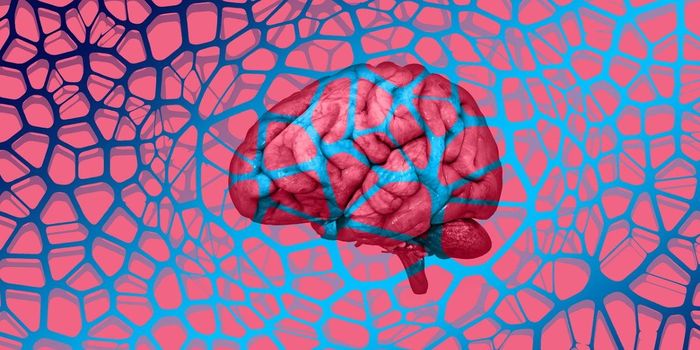Prenatal Tylenol Linked to 6x Higher ADHD Risk in Girls

Between 41 and 70% of pregnant women report using acetaminophen in the US, Europe, and Asia. Although classified as low risk by authorities like the FDA, increasing evidence suggests that prenatal exposure to the drug may be linked to neurodevelopmental outcomes such as ADHD.
"This medication was also approved decades ago, and may need reevaluation by the FDA. Acetaminophen was never evaluated for fetal exposures in relations to long-term neurodevelopmental impacts,” said senior author of the study, Dr. Sheela Sathyanarayana, a pediatrician at the University of Washington, in a press release.
In the current study, researchers tracked a cohort of 307 African American mother-child pairs who agreed to provide blood samples while pregnant. The researchers analyzed the blood samples for biomarkers of acetaminophen. The children born to these mothers were then followed for 8-10 years.
Ultimately, 18% of children born to women who used acetaminophen while pregnant developed ADHD, whereas the same was true for 9% of children born to women who did not use the drug while pregnant.
Acetaminophen metabolites were detected in just over 20% of maternal plasma samples. Daughters born to mothers who had these biomarkers were 6.16 times more likely to receive an ADHD diagnosis than those without detected exposure. The association was weaker and nonsignificant in males.
Why females were more affected by the drug remains unknown. The researchers noted in their study, however, that parental exposure to acetaminophen and ADHD were linked with placental upregulation of immune system pathways in females and downregulation of oxidative phosphorylation in both males and females.
Sathyanarayana noted that medical societies and the FDA should update their guidance on using acetaminophen as safety data emerges.
Sources: Science Daily, Nature Mental Health








